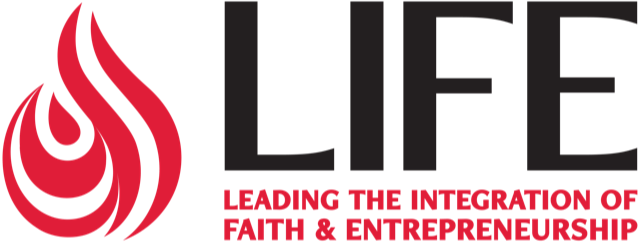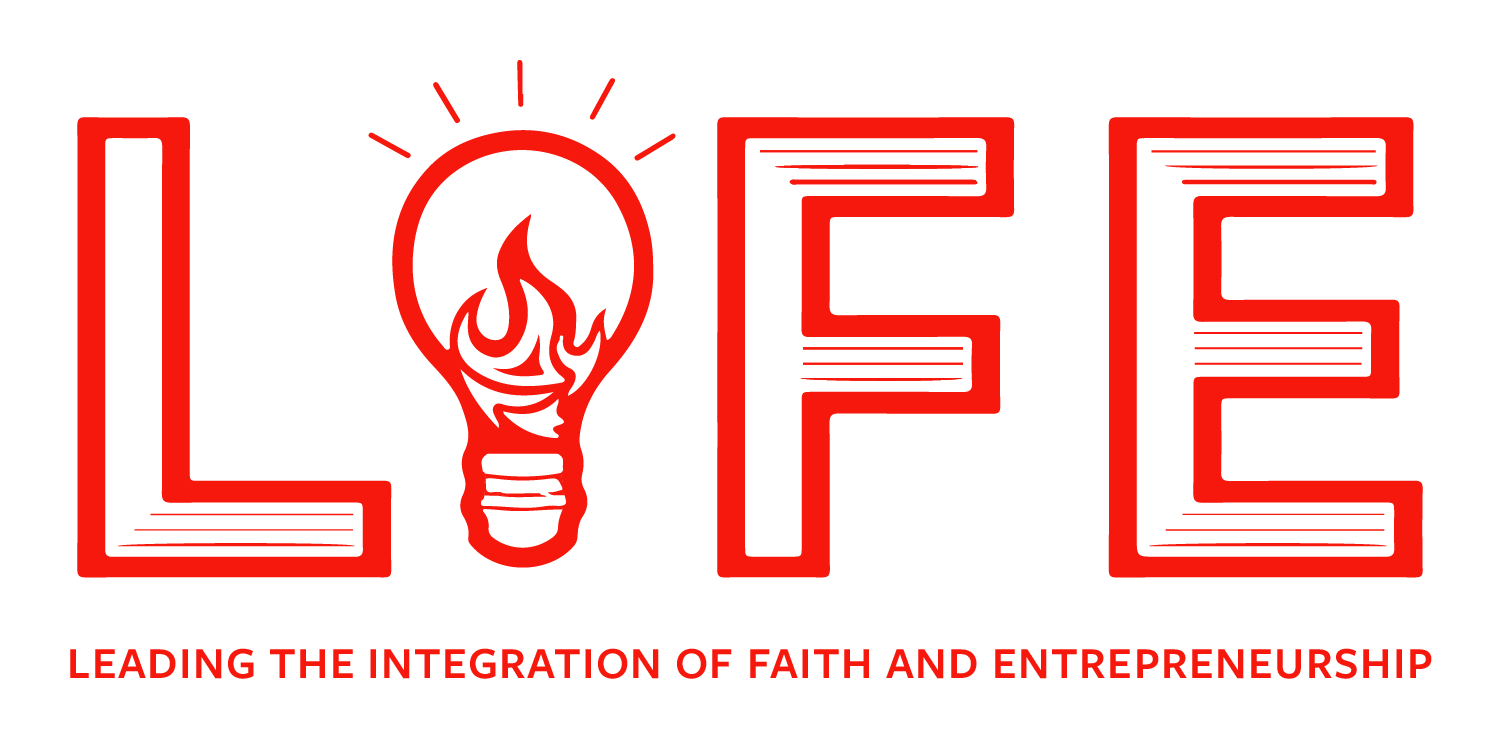Diversity, Equity, and Inclusion in Faith and Entrepreneurship
A welcome growth in emphasis on the value and importance of diversity, equity, and inclusion has reached the halls of higher education and sparked conversations among students and faculty alike. Ethnic diversity and racial justice, gender equality, and marked efforts on systemic improvements to celebrate diversity have seen dramatic growth in recent years. Colleges and universities, corporations and non-profit organizations have stepped into the dialogue on diversity, recognizing that DEI efforts are of paramount importance to the health and growth of any successful organization.
While conversations of racial and gender diversity, equity, and inclusion are positive steps, there is another form of diversity that is often left out: religious/faith. When we consider that over 80% of the global population holds some form of religious belief—and that there are over 4,000 recognized religions in the world—to ignore religious diversity stifles students, faculty, exec boards, and admins.
Religious diversity matters. It is part of our identity. You don’t check your race or gender at the door when you come to work, so why would you check your religious identity? Our identities shape how we think, they have a recursive relationship with our perceived experiences, and they motivate how we act and why. Diversity is a good and healthy thing, and when people are able to bring their “whole selves” to the office or classroom, the results are an example of how wonderful collaboration can be.
Including and celebrating diversity fosters an environment of respect, understanding, education…regardless of where the individual is coming from. It is one of the core motivations of L.I.F.E. to develop an understanding of how and why people act in certain ways in their business ventures, and we firmly believe that that understanding is not complete without taking religion/faith into consideration. Additionally, we believe that by bringing religion/faith into the conversation, what has often seemed like an “untouchable” topic will become comfortable and foster greater understanding and respect in every kind of workplace.

